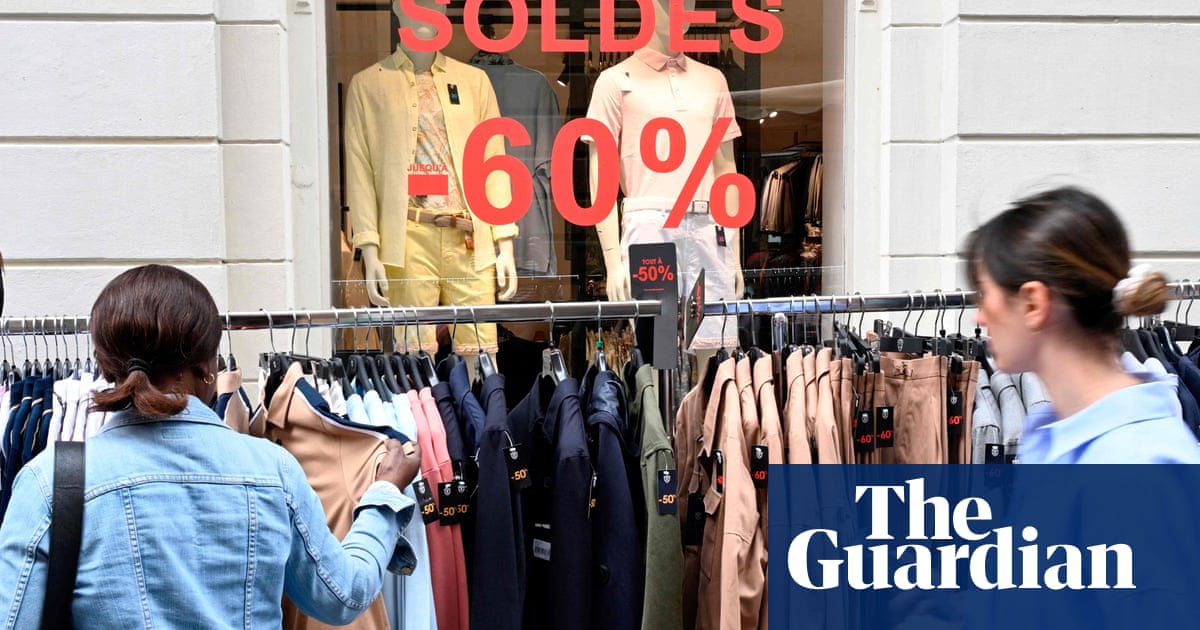
Companies that have received government support to help them through the coronavirus crisis should cut executive pay and consider clawing back bonuses from bosses, according to a group representing the biggest British investors.
Executives at listed businesses where pay awards remain high after receiving taxpayer-funded assistance risk “significant reputational ramifications”, say new remuneration guidelines from the Investment Association (IA).
Those companies that have suspended their dividends, a move that directly impacts fund managers’ returns, should also consider clawing back bonuses already paid out or cut 2020 bonuses, the IA said. Its members, which include BlackRock, Legal & General Investment Management and Vanguard, as well as pension funds for major companies, manage more than £7tn in assets, giving them weight in any vote against pay awards.
There are no limits on executive pay attached to the government’s various emergency support schemes, but investors are concerned large payments could prove controversial at a time of unprecedented crisis.
Many of the UK’s largest companies have said they plan to use the job retention scheme, under which the government will pay 80% of furloughed workers’ salaries up to £2,500 per month. Other support measures include loans backed by the government available to businesses of all sizes.
More than a third of FTSE 100 companies, including all those so far publicly claiming taxpayer support for furloughed workers, have already announced cuts to executive pay.
However, there are concerns that some companies may carry on with pre-crisis pay policies. The Institute of Directors (IoD), which represents company bosses, on Monday backed the call for companies to carefully consider any payouts.
“Nothing is normal for companies at the moment, and that should include remuneration,” said Edwin Morgan, the IoD’s director of policy. “Ideally, pay policy during a crisis would be designed to encourage the whole organisation to pull together.
“State support is there to keep companies alive while the economy is frozen, and boards should think very carefully about how they reward executives, particularly when other stakeholders might be losing out.”
So far 18 FTSE 100 companies have revealed they will furlough workers, including Primark’s owner, Associated British Foods, easyJet, and the British Airways owner, IAG, as well as the retailers Next and JD Sports and the broadcaster ITV. The 18 companies paid their chief executives an average of £3.6m per year over the five years before the crisis, according to data from the High Pay Centre published on Monday.
The IA’s guidelines also suggest that investors will not look kindly on big pay packets to executives of companies who have asked investors for money.
The guidelines said: “Where a company has sought to raise additional capital from shareholders, or has required government support such as furloughing employees, shareholders would expect this to be reflected in the executives’ remuneration outcomes.”
The IA will urge companies in particular to limit bonus payments, which can in some cases be multiple times higher than fixed salaries.
Investors have already raised concerns that some executives who have taken pay cuts may instead be given share awards under their so-called long-term incentive plans (LTIPs), which could rise significantly in value if stock markets rebound to pre-pandemic levels. Executives should not be awarded the maximum bonuses allowed, given the extent of the share price falls suffered by many, the IA added.
Chris Cummings, the IA’s chief executive, said: “Investment managers expect executive remuneration to be linked to long term company performance and aligned with the experience of its employees, stakeholders and shareholders. During this exceptional period we expect companies to adopt an approach that is appropriate to their business and the specific impacts of Covid-19, being careful to ensure that executives and the general workforce are treated consistently.”












